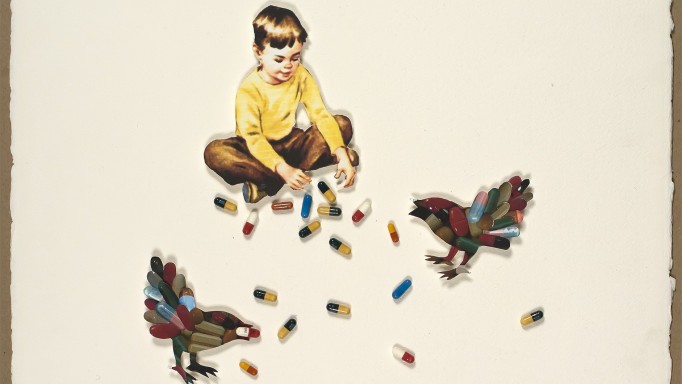3. Reach Out
If you’re intimidated by the thought of joining a national advocacy group, there are plenty of smaller-scale community-based organizations, or CBOs, across the United States focused on HIV that need both volunteers and employees to help keep them running.
As a community health worker, or CHW, you can help out by doing HIV testing or community outreach or simply by lending some emotional support to other people living with HIV when they need it the most.
“A lot of the work that CHWs do involves going to clients’ homes, meeting clients at coffee shops—or other places where the clients will be comfortable—to have conversations,” explains Abby Charles, a senior program manager at the Institute for Public Health Innovation who helps link hopeful HIV advocates to positions in the community.
Often, there are several opportunities at these organizations requiring various levels of commitment, from as little as volunteering once a month up to full-time employment. “Knowledge of the disease or the issue being addressed and knowledge of the barriers that affect a person’s ability to access care or stay retained in care are some of the things that we look for,” says Charles.
Plus, thanks to grant-savvy public health workers like Charles, community health workers are increasingly becoming paid positions (meaning you can get paid for the work you do reaching out to the community).










